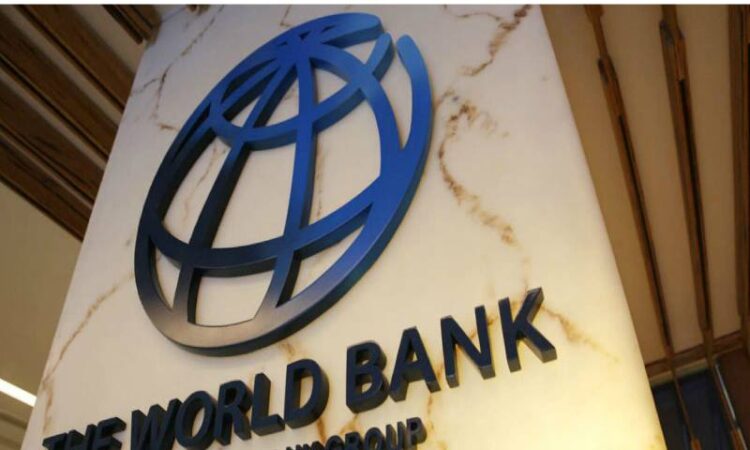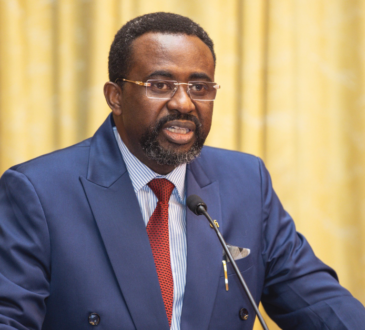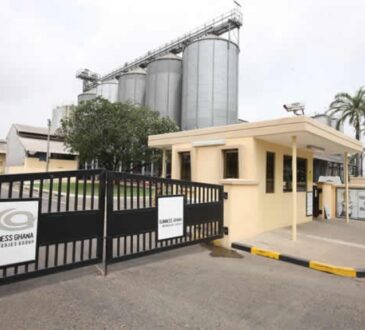
In its 8th Ghana Economic Update, the World Bank reported that more than half of the 23 banks operating in Ghana are in a strong position to avoid the need for recapitalisation. According to the report, most banks in the country have achieved over two-thirds of the required recapitalisation within a year, despite the initial three-year target.
The Bank of Ghana expects that the early completion of these recapitalisation efforts will enhance the resilience of the banking sector, enabling it to better support the recovery of the real economy. The central bank also noted that banks affected by the Domestic Debt Exchange Programme (DDEP) in 2023 continue to follow their approved capital restoration strategies in line with its guidelines.
The World Bank’s update highlighted that the banking sector is now stronger and better capitalised than it was during the DDEP, with a notable increase in profitability. Specifically, the return-on-equity after-tax surged to 34.2% in December 2023, up from a negative 34.4% in December 2022. Similarly, the return-on-assets rose to 5.4% from a negative 3.8% over the same period.
The Capital Adequacy Ratio (CAR) also remained robust at 13.9% in December 2023, well above the revised prudential minimum of 10.0%. This strength is partly due to regulatory relief, which allowed banks not to fully account for losses from the domestic debt restructuring.
However, the report noted an increase in the industry’s non-performing loan (NPL) ratio, which rose to 20.7% in December 2023 from 16.0% in December 2022, and further climbed to 25.7% by April 2024. This increase is largely attributed to heightened credit risk stemming from the delayed effects of the 2022 macroeconomic crisis.







